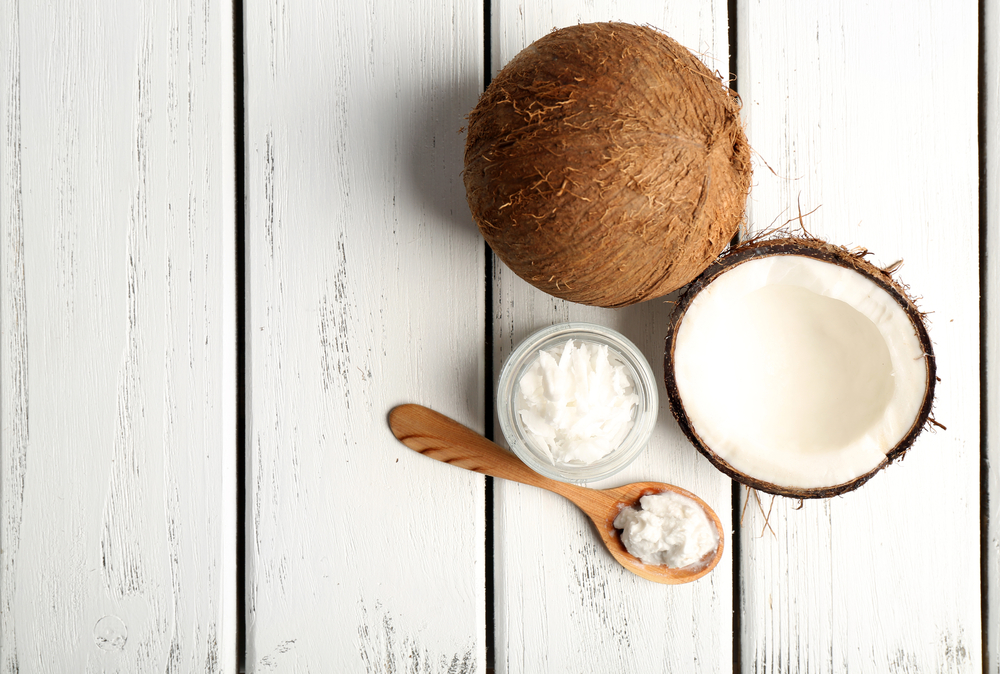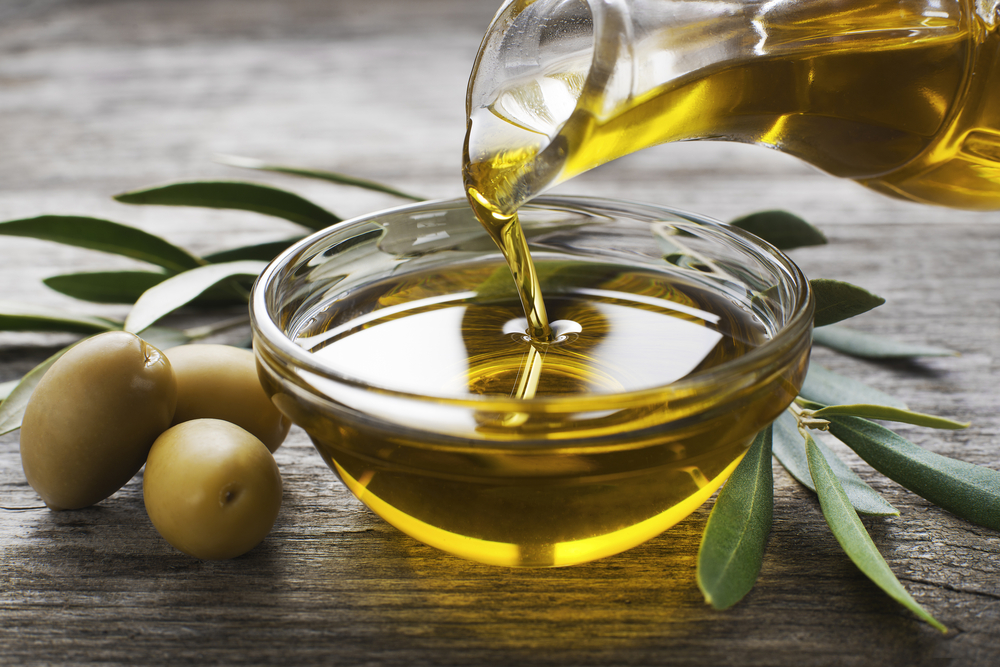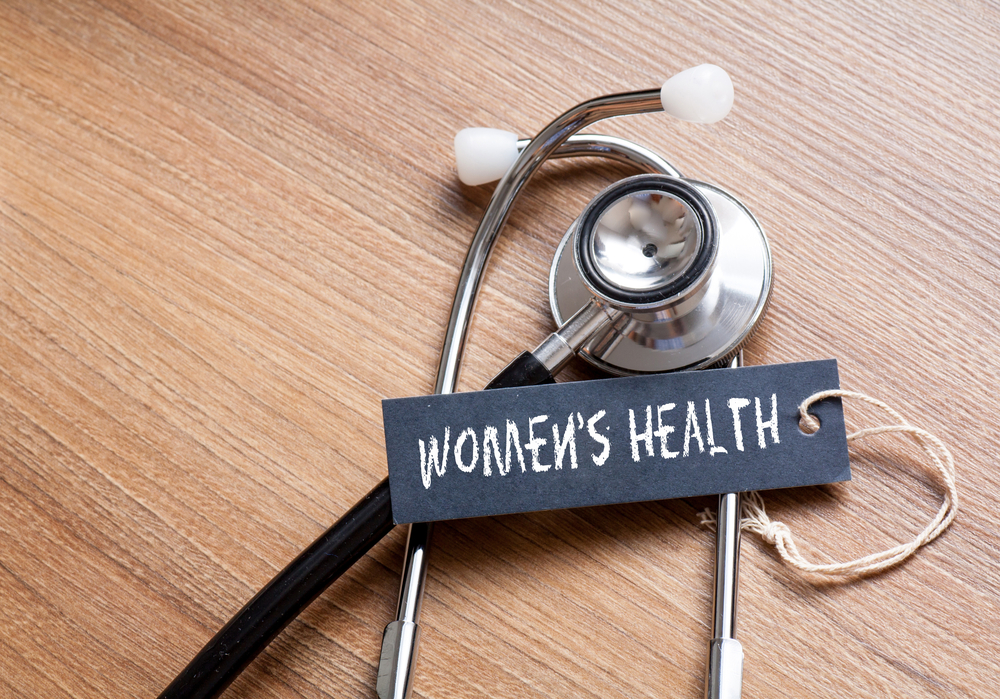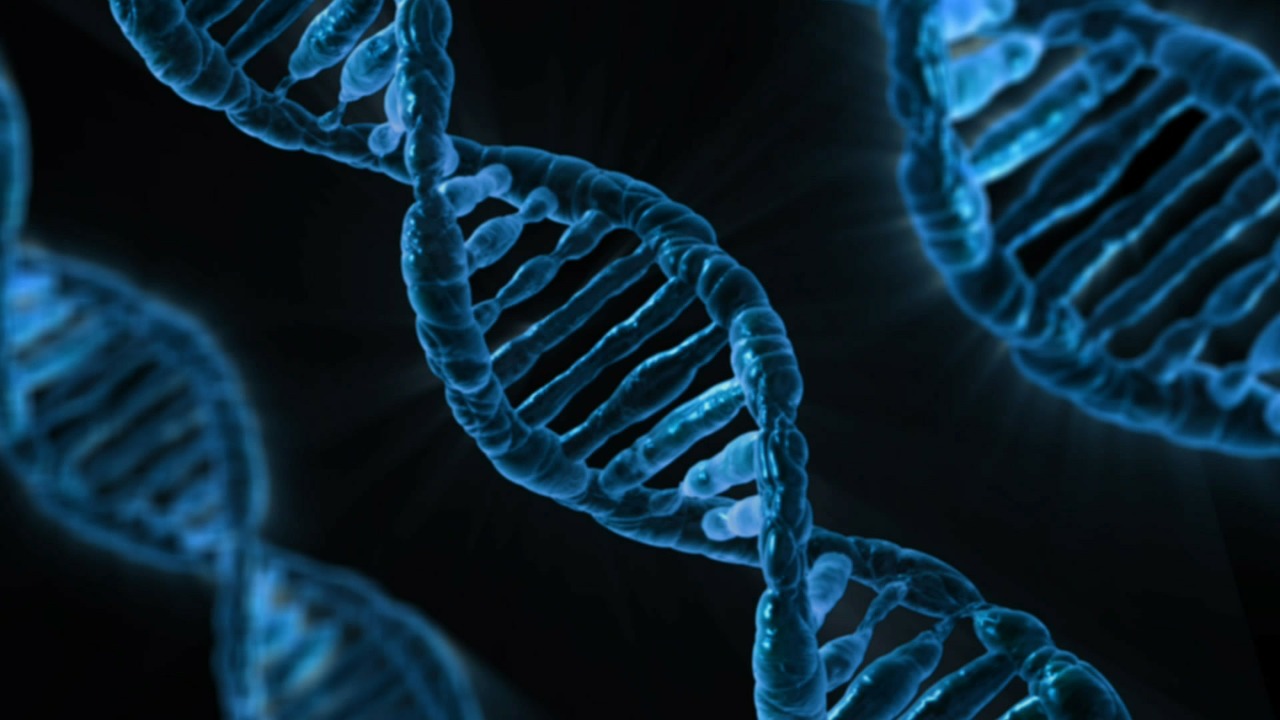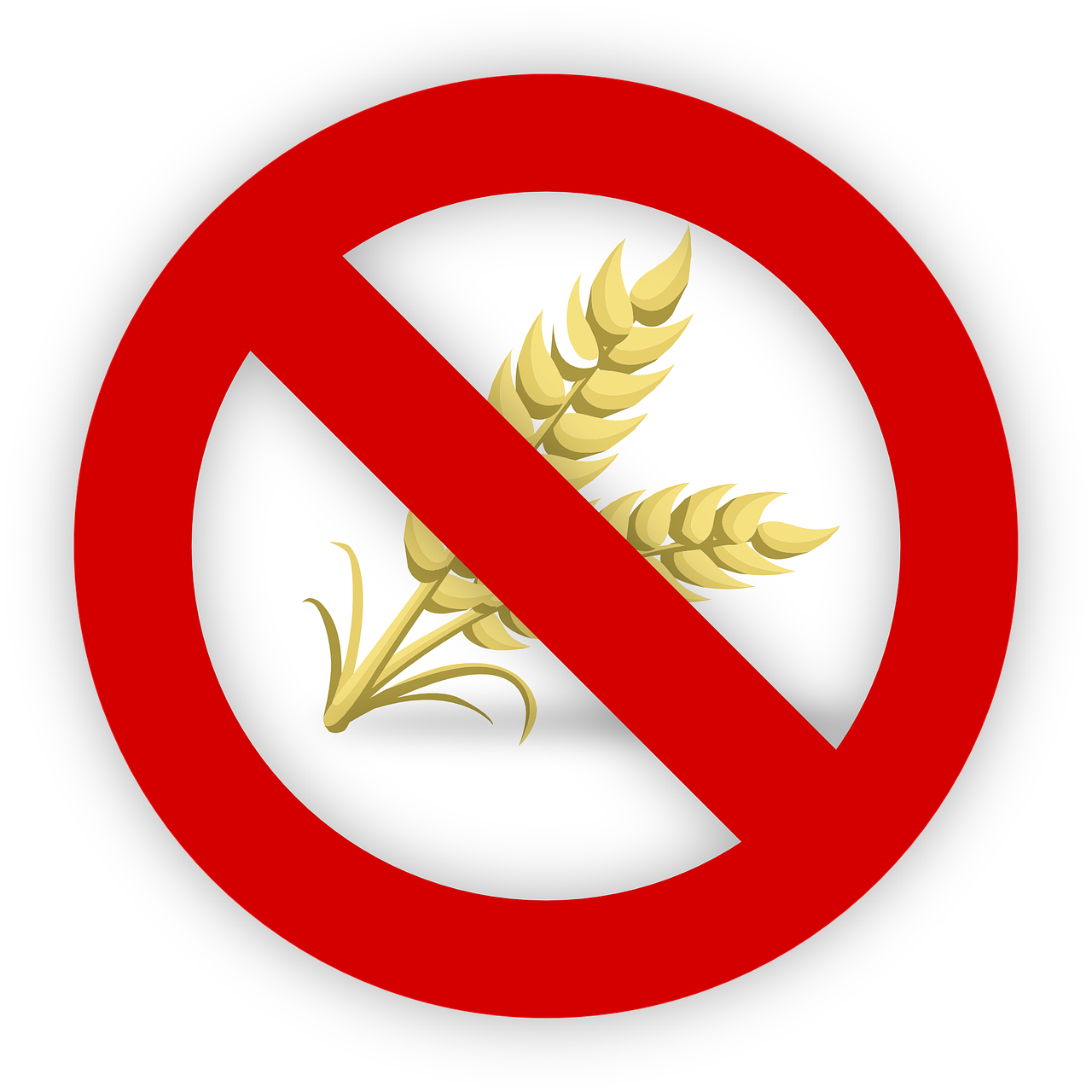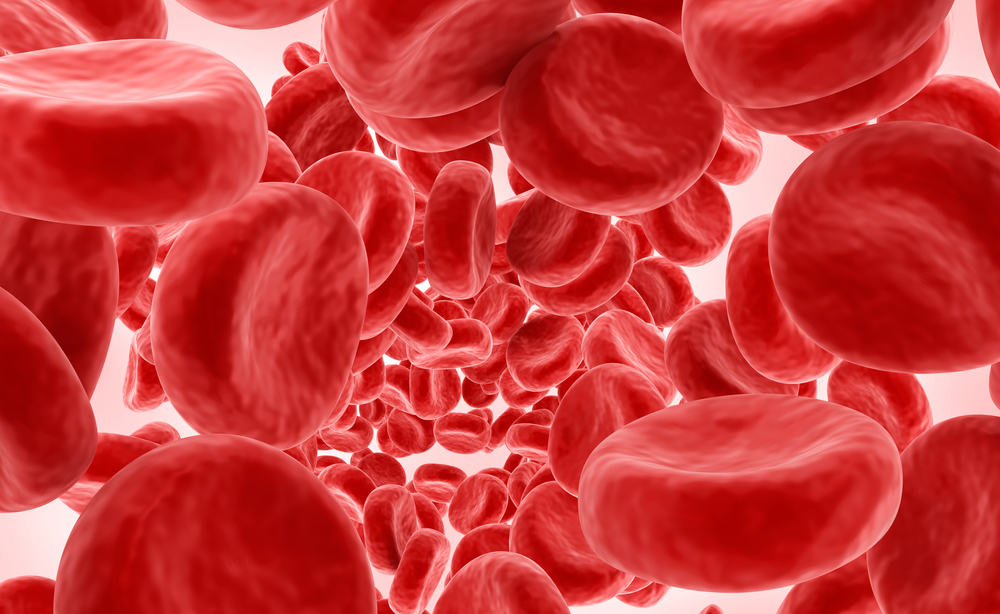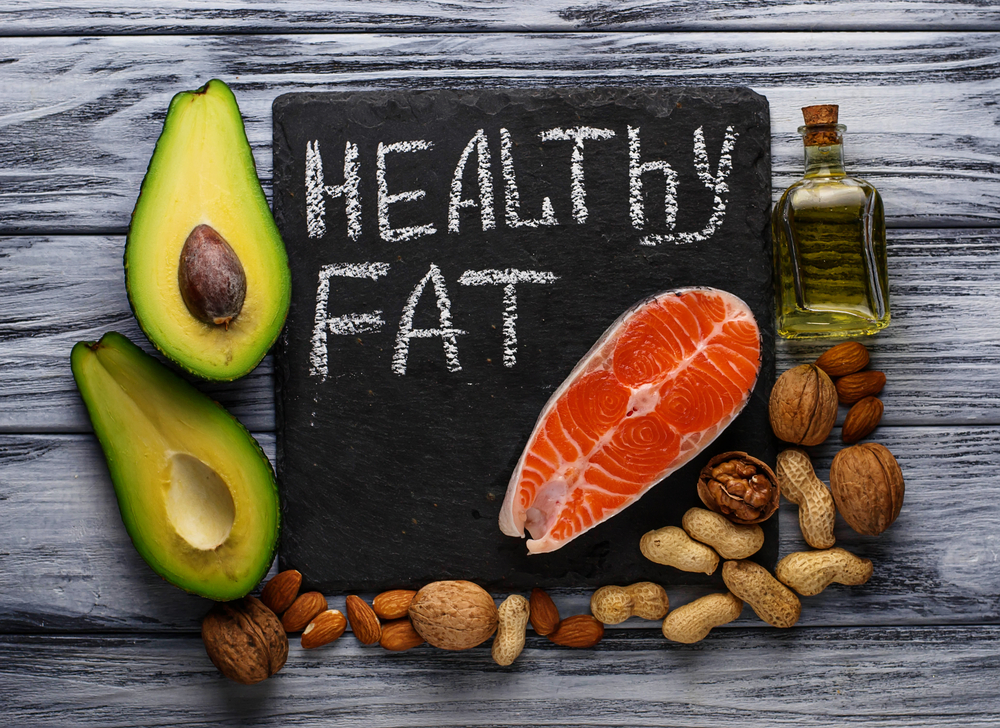Coconut oil: why everyone is going coconuts over it
There's been a lot of hype surrounding coconut oil in recent years with many labelling it as a 'superfood' due to its many health benefits and applications. Coconut oil is extracted from the dried flesh of the coconut. While coconut oil and coconut milk are made up of mostly saturated fat, about half of the saturated is actually a beneficial type of fat known as medium-chain triglycerides (MCT). The MCTs in coconut oil are made up of lauric, caprylic and capric fatty acids. In the body, lauric acid converts to monolaurin, a compound know to boost and support the immune system.
